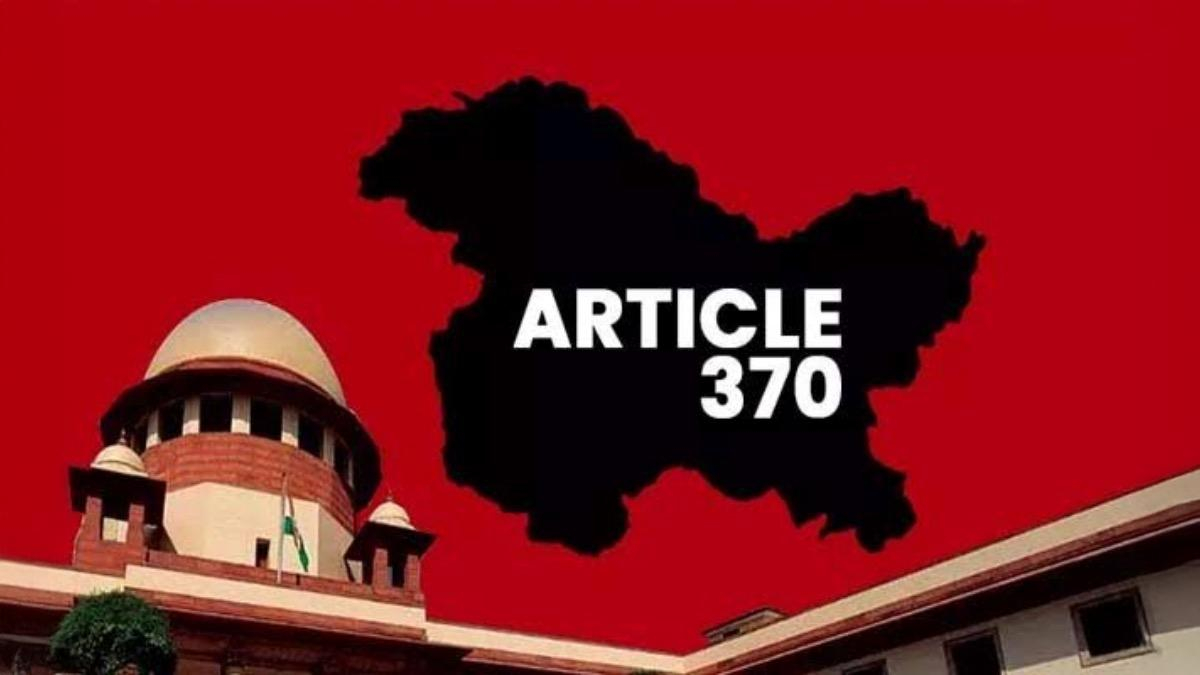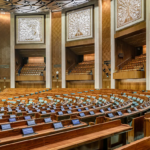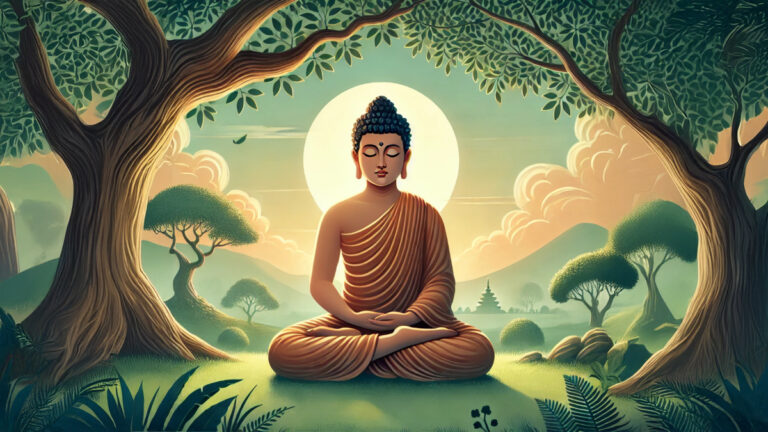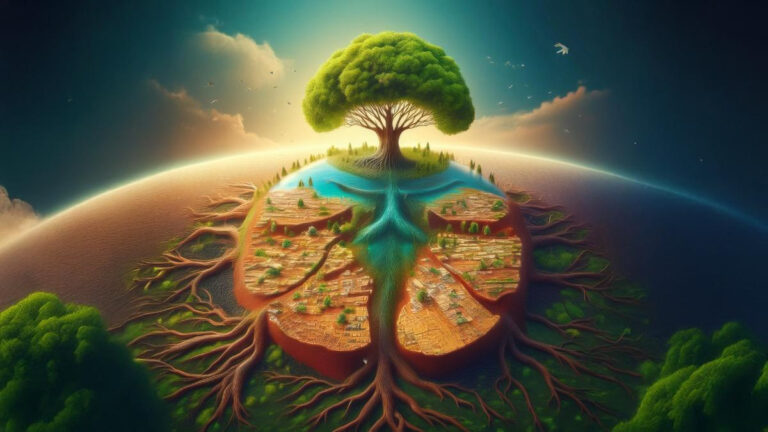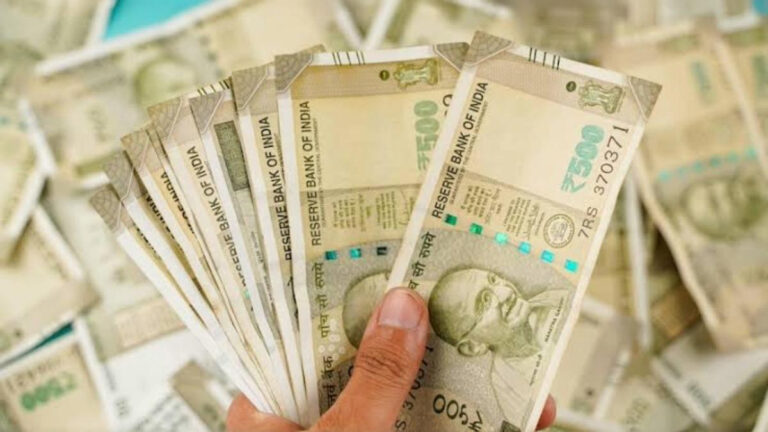Table of Contents
Article 370 was a provision in the Constitution of India that granted special autonomy to Jammu and Kashmir. On 5 August 2019, the Government of India repealed this article, after which the special status of Jammu and Kashmir ended and it was divided into two union territories. Prime Minister Narendra Modi and his government described this decision as an important step for the development of Jammu and Kashmir and the elimination of terrorism. In this article, we will discuss the history of Article 370, the reasons for its removal, its impact and various views of society and politics on it.
History of Article 370
Article 370 was included in the Constitution of India in 1949. Its purpose was to give special autonomy to Jammu and Kashmir, so that the state could maintain its separate identity and constitution. Under this provision, Jammu and Kashmir was not fully subordinate to the Indian Constitution and it had its own constitution and flag. The Government of India had authority over only a few subjects like defense, foreign affairs, communications, etc., the state had control over the rest of the subjects. This provision was temporary, but was later changed to permanent. Article 35A, which was added as a special provision under Article 370, gave the state government the right to decide who is a permanent resident of Jammu and Kashmir and who is not.
Why was the decision taken to remove Article 370?
Many arguments were given behind the removal of Article 370. Prime Minister Narendra Modi and his colleagues believed that this article was hindering the development of Jammu and Kashmir. According to the government, due to Article 370, economic development and investment in Jammu and Kashmir was very low compared to other parts of the country. Apart from this, this provision was also promoting terrorism and separatism.
The government believed that Article 370 had increased corruption and unemployment in Jammu and Kashmir. Due to the special status, outsiders could not invest and buy land in the state, due to which business and employment opportunities in the state were limited. Also, people from the rest of India could not settle there permanently, which was applicable under Article 35A.
How was the decision to remove Article 370 taken?
On August 5, 2019, Union Home Minister Amit Shah proposed the removal of Article 370 in the Rajya Sabha. Along with this, the government also introduced a proposal to divide the state of Jammu and Kashmir into two union territories. These two new union territories were: Jammu and Kashmir and Ladakh. The proposal received overwhelming support in Parliament and was passed with a majority. After this, President Ram Nath Kovind signed the proposal, making it come into force.
Effect of removal of Article 370
Many effects were seen after the removal of Article 370. After the special status of Jammu and Kashmir was abolished, the people of that state and people from other states of India can now buy land there and settle permanently. Apart from this, the Indian Constitution and all its provisions are now fully applicable in Jammu and Kashmir as well.
After this decision, the central government launched several schemes to promote investment in Jammu and Kashmir. The government claims that this will increase economic development there and create new employment opportunities. Apart from this, after the removal of Article 370, the government says that terrorism and separatist activities have also decreased.
However, it also has negative aspects. Many people believe that the removal of Article 370 is a threat to the culture, tradition and identity of the people of Jammu and Kashmir. Some political parties and separatist leaders opposed this decision and called it a violation of the rights of the people of Jammu and Kashmir.
Different views on Article 370
Different views have emerged in society and politics regarding the decision to remove Article 370. The Bharatiya Janata Party and its supporters called it a historic step, which was necessary for the development and security of Jammu and Kashmir. Prime Minister Narendra Modi described it as “One Nation, One Constitution” and said that it would strengthen the unity and integrity of India.
On the other hand, opposition parties such as the Congress, National Conference and the People’s Democratic Party opposed the move. These parties believe that the government took this decision without taking the opinion of the people of Jammu and Kashmir, which is a violation of a democratic process.
Many human rights organizations also criticized this decision. They alleged that the government banned communication services in Kashmir to implement this decision and violated the fundamental rights of the people there. Meanwhile, many international organizations and countries also expressed their concern over this decision, but the Government of India termed it as its internal matter.
Challenges after the removal of Article 370
After the removal of Article 370, many challenges arose before the government. The first challenge was how to maintain peace and stability in Jammu and Kashmir. For this, the government deployed many security forces and took strict measures against terrorists. However, after this step, many political leaders there were placed under house arrest, which led to criticism of the government.
Apart from this, the government has to encourage economic development and investment in Jammu and Kashmir, so that the people there can get employment opportunities. The government has started many schemes, but its effect will be seen only with time.
The removal of Article 370 was a bold step of the Government of India, which brought major changes in the politics, society and economy of Jammu and Kashmir. This step was taken to connect Jammu and Kashmir with the rest of India and promote development there. However, this decision has received mixed response in society and politics.
There is no doubt that changes have been seen in Jammu and Kashmir after the removal of Article 370, but it is difficult to say what will be the long-term effect of this change. It is important for the Indian government to solve the problems of the people there and provide them an equal and safe environment.
Only time will tell how beneficial the decision to remove Articled 370 will prove to be for the future of Jammu and Kashmir and India.

